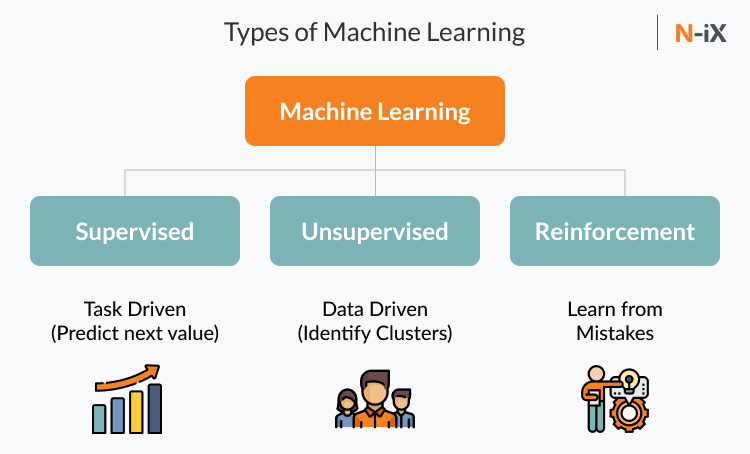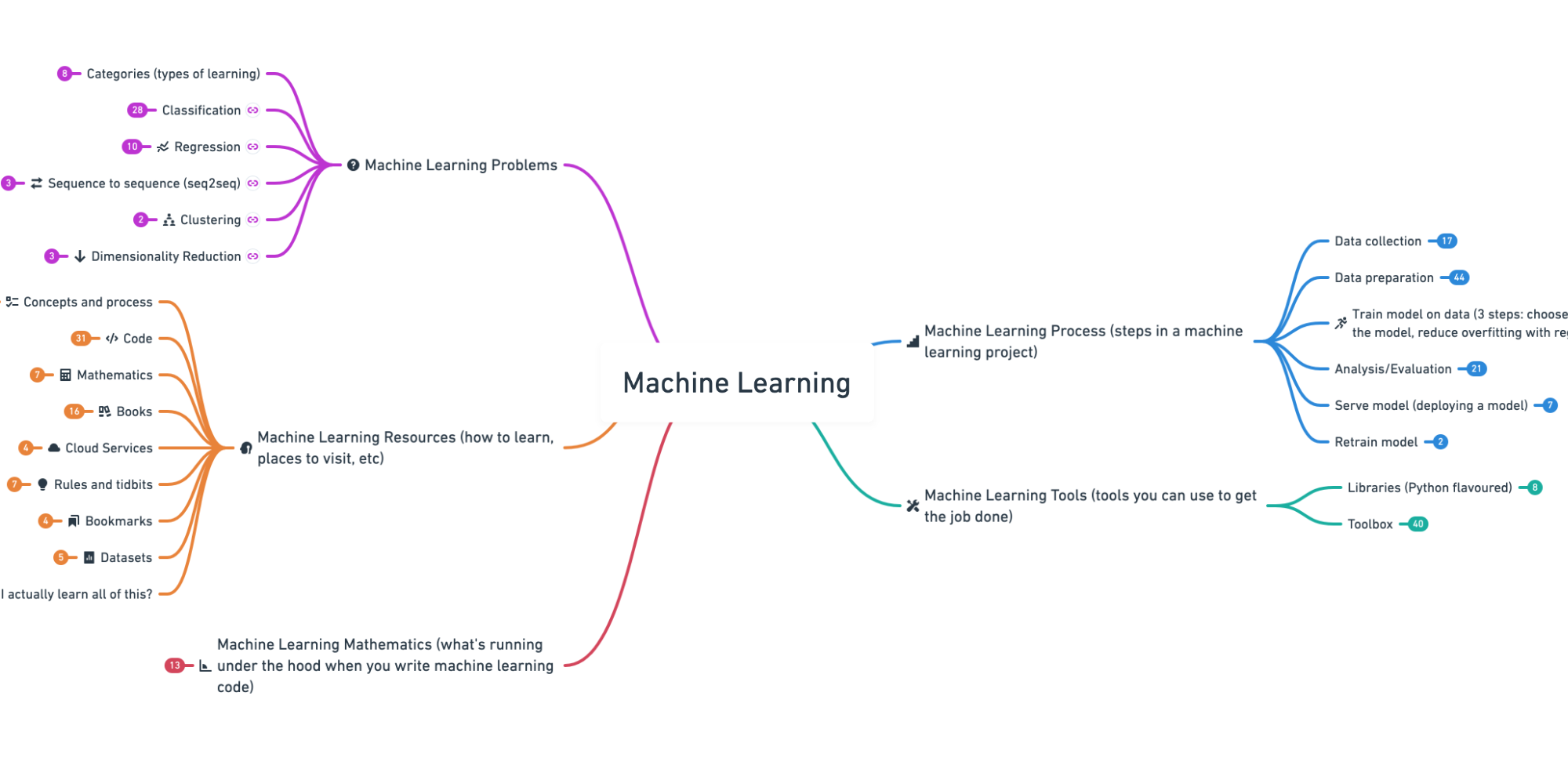If you are a beginner or don't have a perfect roadmap on How to start a career/interest in the field of Machine learning, then this blog is surely for you. Feel free to modify the steps according to your needs to reach your desired end goal.
As said by Andrew Ng, Coursera Founder
If we can make computers more intelligent - and I want to be careful of AI hype - and understand the world and the environment better, it can make life so much better for many of us. Just as the Industrial Revolution freed up a lot of humanity from physical drudgery I think AI has the potential to free up humanity from a lot of mental drudgeries.
I have divided it into various steps, which you can follow for the Roadmap in ML.
Step 1: The Prerequisites
a. Linear Algebra and Multivariate Calculus
Having good knowledge of Linear Algebra and Multivariate Calculus is very important as you need to implement many ML algorithms which use Linear Algebra and Calculus.
b. Statistics
Around %85 of the time, we will be playing around with the data and it is a field that handles the collection, analysis, and presentation of data. Some of the important concepts are Statistical Significance, Probability Distributions, Hypothesis Testing, Regression.
c. Python/R
You can go for Python/R. There are many Python/R libraries such as Keras, TensorFlow, Scikit-learn that are useful while solving Machine Learning problems.
Step 2: The ML Concepts
2.1 Learn about some basic terminology like:
a. Feature
Features are individual independent variables that act as input in your system. Prediction models use features to make predictions.
b. Label
Also called Target, they are the final output and can be considered as the output. When data scientists speak of labeled data, they mean groups of samples that have been tagged to one or more labels.
c. Model
Also called a hypothesis, is a file that has been trained to recognize certain types of patterns. We train a model over a set of data, providing it an algorithm that it can learn from those data.
d. Training
While training our machine learning, we pass an algorithm with training data. The learning algorithm finds patterns in the training data such that the input parameters correspond to the target. The output of the training process is a machine learning model which we can then use to make predictions.

2.2 Some of the different types of Machine Learning:
a. Supervised Learning
This involves learning from a training dataset with labeled data using classification and regression models. This learning process continues until the required level of performance is achieved.
b. Unsupervised Learning
This involves using unlabelled data and then finding the underlying structure in the data in order to learn more and more about the data itself using factor and cluster analysis models.
c. Reinforcement Learning
This involves learning optimal actions through trial and error and the next action is decided by learning behaviors that are based on the current state and that will maximize the reward in the future.

Step 3: Practise session
- The most important part of ML is data collection, integration, cleaning, and preprocessing.
- Learn various models and practice on real datasets as this can help in creating the intuition around which types of models are appropriate in different situations.
- Understand the various tuning parameters and regularization methods applied to different models in Machine learning.
Some of the Learning resource you can refer to:
- Machine Learning,by Andrew Ng: https://www.coursera.org/learn/machine-learning
- Creating Machine Learning Model,by Microsoft learn: https://docs.microsoft.com/en-us/learn/paths/create-machine-learn-models/

Now, you are ready to take part in various Competitions and Hackathons.
All the best!! ❤
Image Source :
- Photo by cottonbro from Pexels
- n-ix.com
- mrdbourke.com
- coderzcolumn.com
- builtin.com